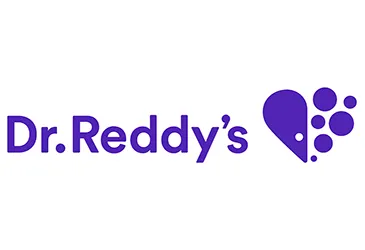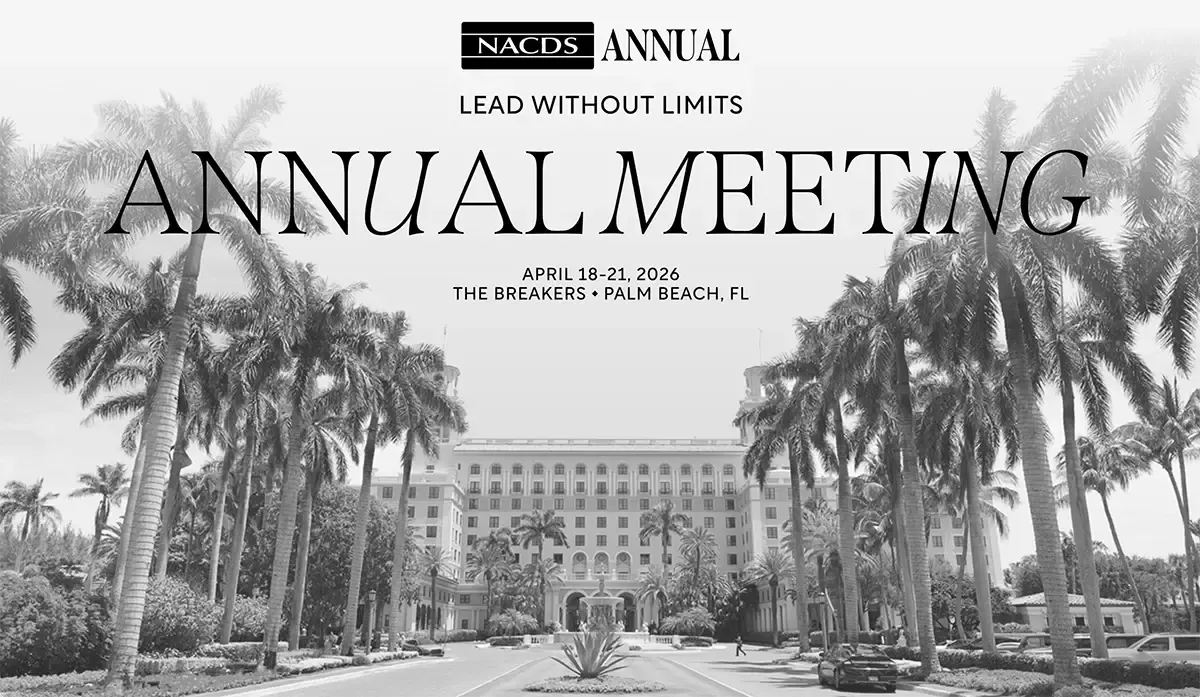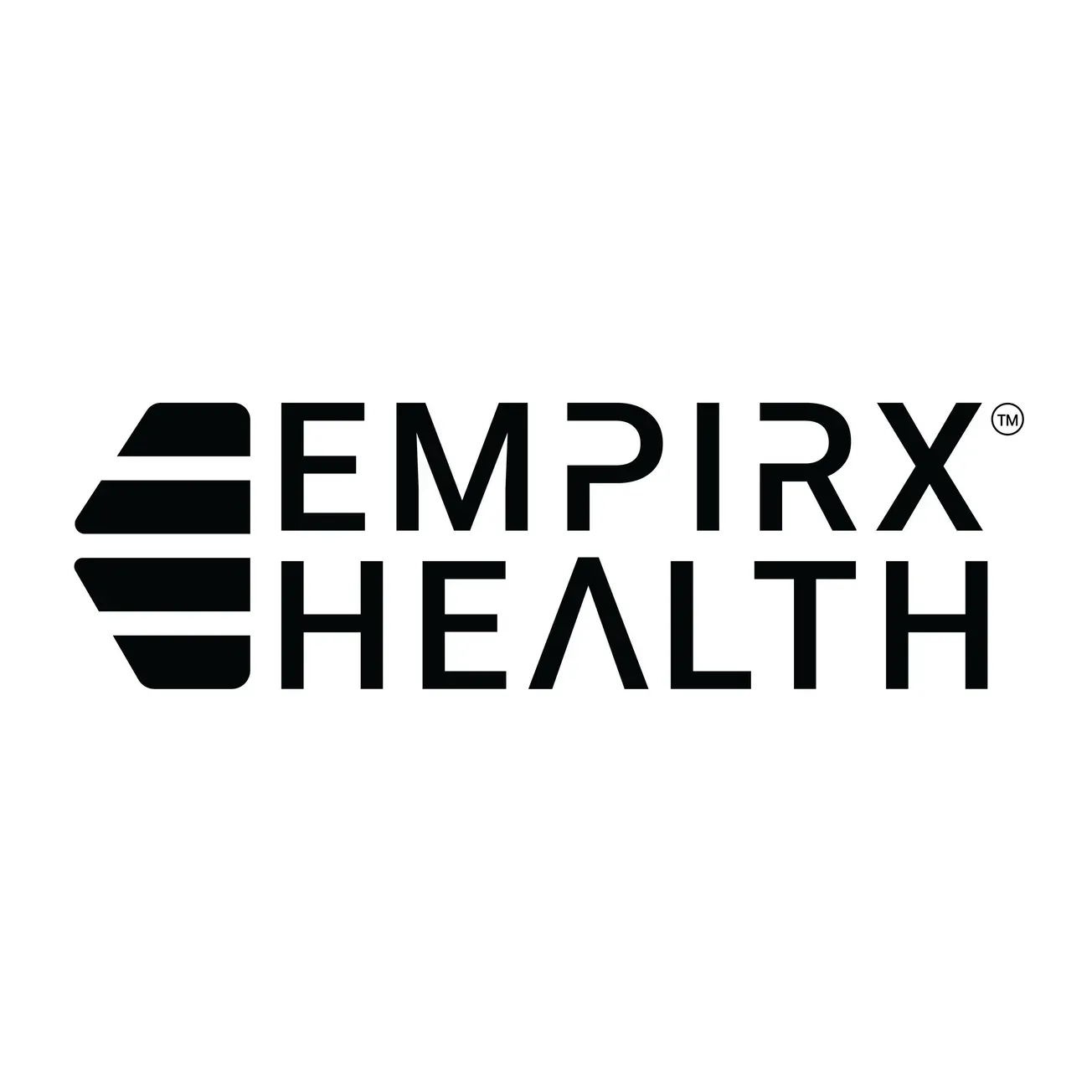BENGALURU, India — Dr. Reddy's Laboratories subsidiary Aurigene Oncology Ltd. reported promising Phase 1 results for Ribrecabtagene autoleucel (DRL-1801) from the SWASTH study — India’s first trial for a novel autologous BCMA directed CAR-T cell therapy in patients with relapsed or refractory multiple myeloma.
The study reported initial results from the first eight patients. All patients were heavily pre-treated with median of 5.5 previous lines of treatment. Most patients had also received transplant in the past and had disease progression post-transplant. All eight achieved clinical response, with 5/8 (62.5%) having achieved stringent complete response.
With respect to safety, there were no high-grade events of cytokine release syndrome (CRS) or neurotoxicity, in any of the patients. After reviewing the Phase 1 data, the Indian Regulatory Agency i.e., Drugs Controller General of India (DCGI), has given the nod to commence the Phase 2 part of the trial.
These results of Phase 1 were presented at the recent annual meeting of the International Myeloma Society in Rio De Janeiro.
“The results from the trial in heavily pre-treated relapsed refractory myeloma patients are very exciting for us in India. We are thrilled with the data, as the drug could be transformative for Indian patients with myeloma” commented Dr. Murali Ramachandra, CEO of Aurigene.
Ribrecabtagene autoleucel is an autologous anti-BCMA CAR-T therapy that utilizes a humanized single-domain antibody as the antigen binding domain and lentivirus as a vector.
DRL-1801 for the clinical trials is manufactured at the CAR-T GMP manufacturing facility at Aurigene in Bangalore, India.
Aurigene is a clinical stage biotech committed to bringing in novel and effective therapeutics for the treatment of cancer. Founded in 2002, Aurigene has contributed to the discovery of 20 novel chemical entities for clinical development. Some of these molecules were collaborations with global pharma and biotech companies while the remaining were developed solely by Aurigene.
The company has out-licensed several assets and is now engaged in clinical development of 10 assets. Aurigene’s clinical pipeline includes first- in-class oral inhibitor of immune checkpoint protein CD47, first-in-class inhibitor fatty-acid binding protein FABP5 and best-in-class inhibitor of acetyl transferases CBP and p300. Aurigene also has a strong pre-clinical pipeline, including advanced programs based on selective degradation of SMRACA2, first-in class CBP, p300 and pan-KRAS degraders.









